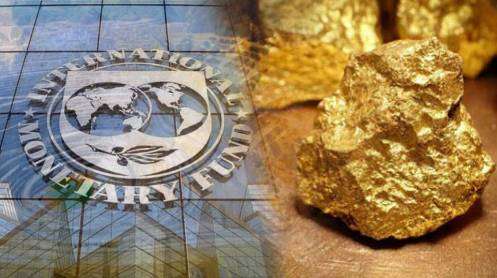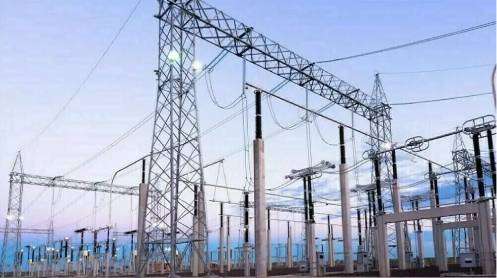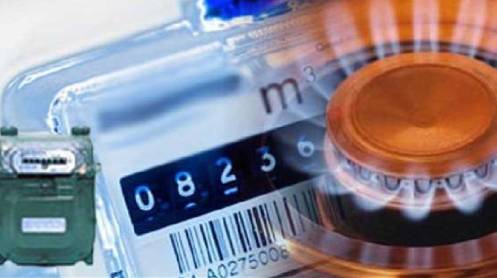ISLAMABAD: The International Monetary Fund (IMF) has expanded the scope of its ongoing discussions with Pakistan to include the multibillion-dollar Reko Diq mining project, signaling a rare move by the lender to scrutinize a commercial venture beyond its traditional balance-of-payments oversight.
Sources confirmed that the IMF has asked the government to provide a detailed briefing on the project’s latest status. Initially scheduled for this week, the session has now been shifted to next week. The IMF mission, in Islamabad since September 25, is conducting the second review of Pakistan’s $7 billion bailout programme, which could unlock a $1 billion tranche. Separately, Pakistan is also due to receive $220 million under the Fund’s climate financing facility.
The Reko Diq Mining Company (RDMC) operates the project, with Canada’s Barrick Gold holding a 50% stake and the federal and Balochistan governments sharing the remaining half. The venture is close to achieving financial close, backed by $3.5 billion in loan commitments from global lenders. The US Exim Bank is expected to play a leading role, with financing in the range of $700 million to $1.2 billion.
Finance Ministry spokesman Qumar Abbasi said it was important to brief development partners on large-scale projects that could significantly shape Pakistan’s economic outlook. “The latest status of the Reko Diq project will also be shared with the Fund, as it is a major mining project expected to contribute not only to the mineral sector but also to the economy at large,” he noted.
Reko Diq is Pakistan’s single largest foreign direct investment (FDI) project and has drawn attention from both the United States and China. Officials said the project would boost foreign reserves and spur socioeconomic development in Balochistan.
The project cost has seen multiple revisions. Initially estimated at $4.3 billion two-and-a-half years ago, Phase-I is now projected at $7.72 billion—up 79% before production begins. Phase-II, planned for 2034 at an additional $3.3 billion, will lift annual capacity to 90 million tonnes, taking the overall cost near $10 billion.
Production is expected to start by end-2028, with Phase-I targeting 200,000 tonnes of copper annually. Over a 37-year mine life, the project’s net cash flow is projected at $70 billion—nearly ten times Pakistan’s current foreign exchange reserves.







